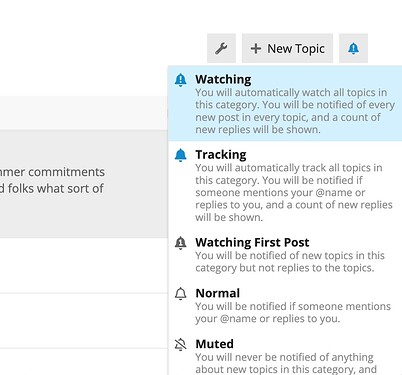Although it is generally accepted that adoption of open educational resources to replace commercial textbooks reduces cost barriers and increases equitable access for low-income and otherwise marginalized students, the question of how these resources engage marginalized students and address their particular needs remains an open question.
Multiple studies comparing open textbooks to commercial textbooks have found a similar lack of diverse voices and cultures represented in both.
This summer we are asking you to consider and discuss this question: How can we evaluate and frame our work in Open Educational Practices (OEP) from a Social Justice Perspective?
Resources
We draw from three selected readings (and below ask you to share more):
-
Framing Open Educational Practices from a Social Justice Perspective Maha Bali , Catherine Cronin, and Rajiv S. Jhangiani
They “analyze for whom and in which contexts OEP can (i) support social justice along economic, cultural and political dimensions, and (ii) do so in transformative, ameliorative, neutral or even negative ways.” -
An evaluative framework for a socially just institution Vivienne Bozalek and Brenda Leibowitz
“A comprehensive and dynamic approach towards achieving higher education as a public good can, we suggest, be achieved by combining three important contemporary normative frameworks: the capabilities approach of Amartya Sen and Martha Nussbaum, which has been applied to higher education by Nussbaum and Melanie Walker, amongst others the social justice approach of Nancy Fraser, which emphasises the complementarity of a politics of recognition, representation and distribution the political ethic of care approach, based on the work of Joan Tronto.” -
Changing our (Dis)Course: A Distinctive Social Justice Aligned Definition of Open Education Sarah Roslyn Lambert
“Open Education literature is aligned to social justice principles, starting with the first UNESCO definition of Open Educational Resources (OER). A critical analysis of 19 texts was undertaken to track dominant and alternative ideas shaping the development of Open Education since 2002 as it broadened and developed from OER to Open Educational Practices (OEP). The paper begins by outlining the method of texts selection, including defining the three principles of social justice (redistributive, recognitive and representational justice) used as an analytical lens. Next the paper sets out findings which show where and how the principles of social justice became lost within the details of texts, or in other digital agendas and technological determinist debates. Finally, a new social justice aligned definition for Open Education is offered. The aim of the new definition is to provide new language and a strong theoretical framework for equitable education, as well as to clearly distinguish the field of Open Education from mainstream constructivist eLearning.”
Discussion Questions
To explore these issues, reply to any/all of our discussion questions, each is created as separate topic here.
-
Resources for Open Educational Practices: What other resources have you found to be helpful in your work with open educational practices?
-
Unfreedoms and Pedagogical Obstacles From Bozalek and Leibowitz’s work, what unfreedoms or pedagogical obstacles exist at the institution and for our students (and, for that matter, our lecturers?)
-
Citizens with a Voice: Are all students (and lecturers) seen as legitimate çitizens’in an institution and given a voice?
-
A Caring Environment: Are students and lecturers given the opportunity to practice and receive care?
-
Framing Open Educational Practices from a Social Justice Perspective: From Bali , Cronin, and Jhangiani’s work, if our goal is to promote social justice, how can we approach OEP?
Get Notified!
For the fullest engagement here, set your OEG Connect notifications for the Summer Conversations - this will put one of those numbers in the top right of your icon indicating new activity here.
Go to the main Summer Conversations area and look for the bell ![]() icon in the top right- change the setting to Watching to get notified of all activity.
icon in the top right- change the setting to Watching to get notified of all activity.
Guided by Freire
If we return to Paulo Freire’s pedagogical approach, we might see our work in OEP:
“It is not enough for people to come together in dialogue in order to gain knowledge of their social reality. They must act together upon their environment in order critically to reflect upon their reality and so transform it through further action and critical reflection.”
This space on OEG Connect and the upcoming CCCOER Discussion allow us the opportunity to critically reflect on our practices.
